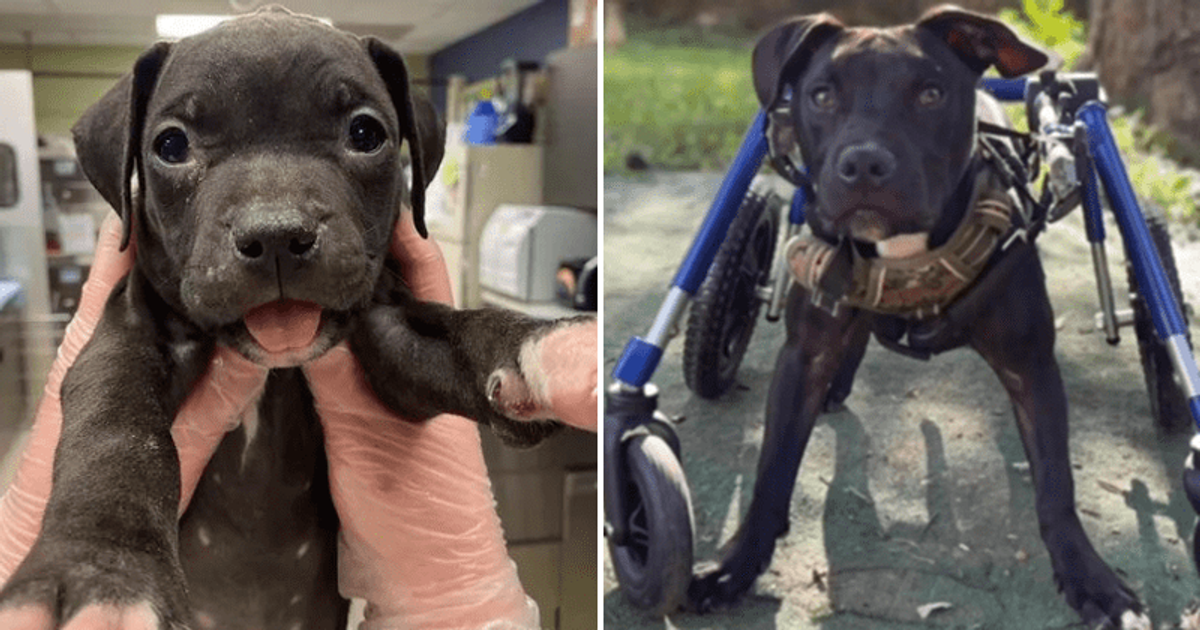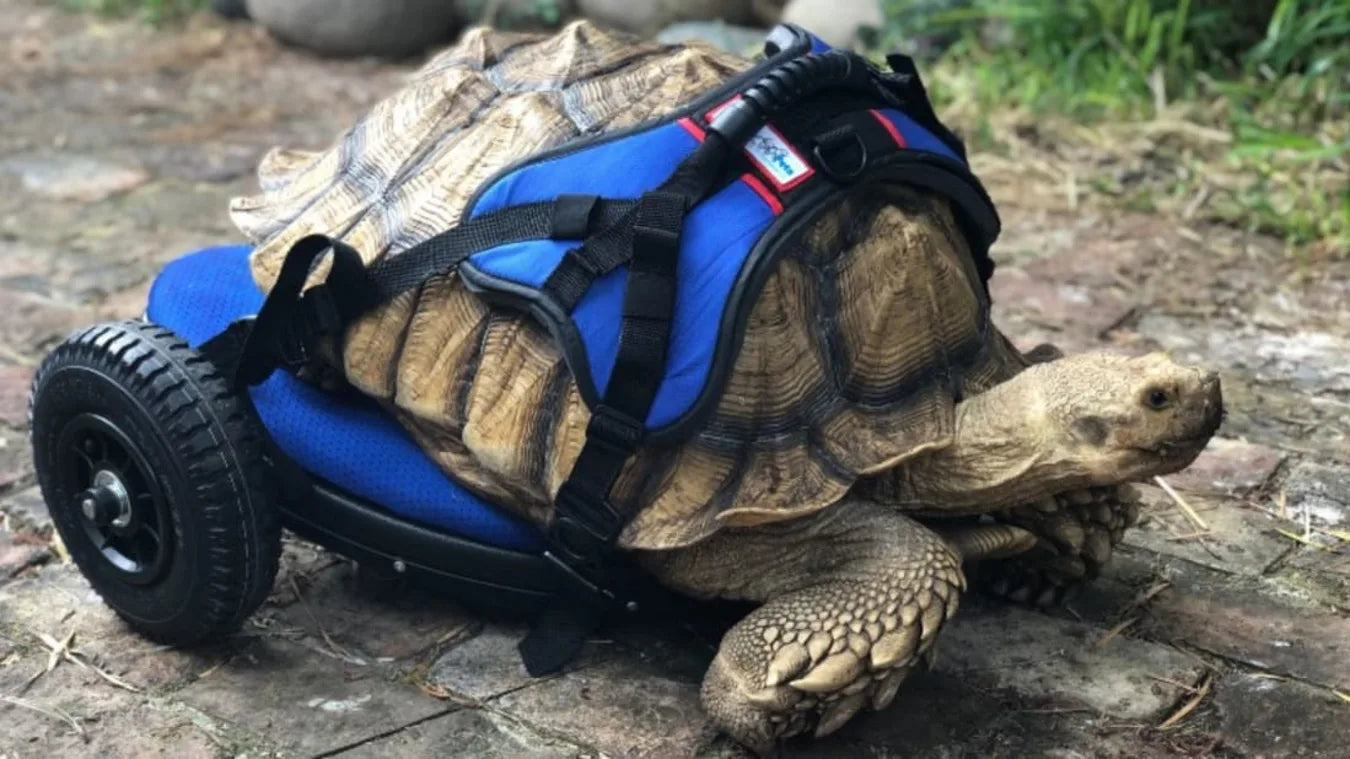Sit Down Dog Wheelchairs

Walking with a Senior Dog
Should I Walk an Older Dog? What Are the Benefits of Walking?

Walking is beneficial for any age dog, even senior dogs. Walking is low-impact exercise that helps promote overall health and helps dogs maintain their strength. Regardless of age, dogs need regular exercise and should be walked daily.
However, as your dog ages, you need to modify their walk a bit. Moderate the speed of your walk and avoid a brisk pace that may become tiring for an older pet. Your dog’s walk should be short (no more than 20 minutes), and difficult routes that include steep hills or rugged terrain should be avoided.
Walking During Bad Weather
Temperature and climate impact an older dog much more than a puppy. A dog’s aching joints become more painful in bad weather. Extreme cold and damp air can stiffen a dog’s arthritic joints, making it even harder for them to walk.
Even healthy senior pets struggle with regulating their temperature. If it’s cold outside, older pets will feel the cold more strongly than they did when they were younger. Pet boots and coats can help protect your pet against inclement weather, but on really stormy days, you may need to switch to alternative, indoor exercise.
Consider Changing Your Routine
Consider changing what time you take your walk. Mid-day tends to be the warmest part of the day, and depending on your dog’s health needs, it may be the best time to walk them. Dogs experiencing cognitive changes, like dementia, may be more alert earlier in the day.
Avoid Rough Terrain While Walking
Choose the path of your daily walk carefully. Dogs dealing with mobility issues or joint pain can struggle to maintain their footing. Avoid rocky landscapes and hilly routes that may be difficult for them to navigate. An ideal walk for a senior dog should be on flat, level ground and not overly strenuous. If your dog is experiencing loss of sight or hearing, a familiar path that they’ve walked before can help to make them more comfortable and feel safer.
How to Help a Senior Dog Who Tires Easily
Along with a slew of age-related medical conditions that impact a senior pet’s mobility, most older dogs “slow down” as they get older. Whether due to increased weakness, loss of strength, or arthritis, this can make taking a walk challenging. Walks become shorter and slower-paced as dogs age. Some dogs are unable to walk unassisted and need help to keep moving.
Harnesses for Support

Struggling to stand up is often the first sign of mobility loss and a problem that most senior dogs face. A simple rear support leash can slip on their legs when lying down, so you can give them a little boost to help them get up off the ground. If they’re unsteady on their feet, the leash can be worn outside to help support them and help them maintain their balance.
Dogs needing additional help and rear support throughout their walk may benefit from a more rugged lifting harness that creates more of a saddle underneath them. The Warrior Rear Harness is both comfortable and supportive. For lifting large breed dogs, the Buddy Up Harness can be combined with the Buddy Up Front Harness to provide full support to the entire body. This harness allows for total control and full body support when needed.
Using a Dog Wheelchair on Your Daily Walk

Older pets may find their daily walk simply too tiring. Their weak back legs may give out after short walks, or they become too tired to continue. A dog wheelchair is the perfect assistive device to keep your dog exercising, active, and enjoying their daily walks. A common dog wheelchair misconception is that a dog must be paralyzed to use a cart, and this simply isn’t true. Pets can continue to walk on all four legs while using a wheelchair. The wheelchair supports their weight and relieves pressure on their limbs and joints.
Dog wheelchairs are commonly used in strength training during canine rehabilitation as supportive equipment. The support of a cart makes it easier for them to be active and can actually extend the length of their walk and prevent them from becoming too tired.










